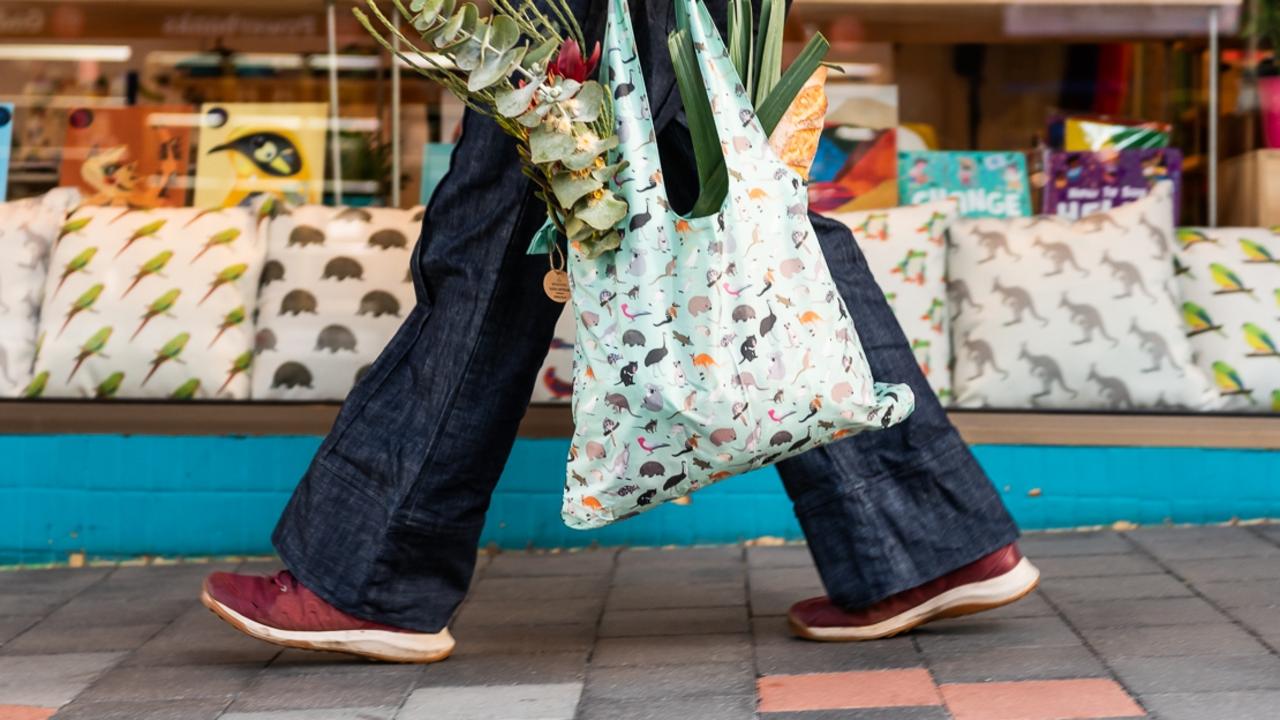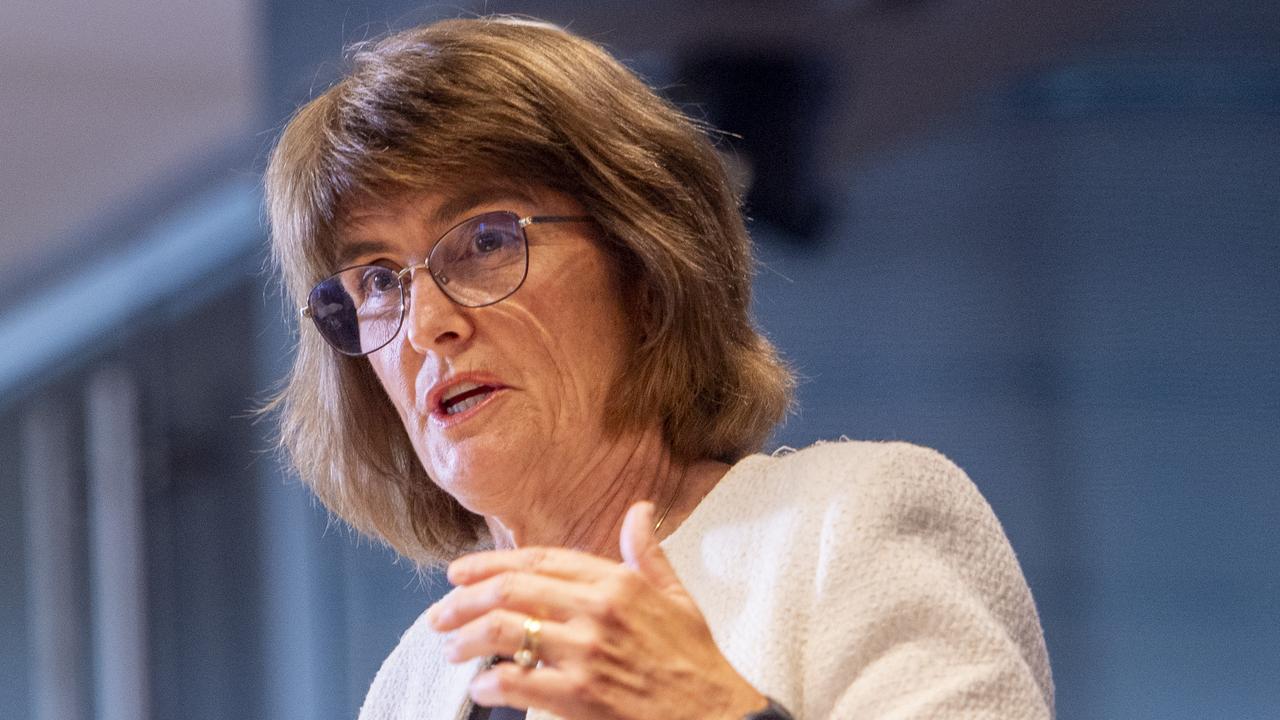Interest rate rises ‘almost certain’ this year, say economists
The chance of an interest-rate increase this year has increased significantly over the festive season.
The chance of an interest-rate rise this year has increased significantly over the festive season, according to prices in financial markets, but economists remain divided over the Reserve Bank’s scope to lift rates.
Traders are putting a 60 per cent chance on the Reserve Bank lifting the official cash rate by August, up from 40 per cent early last month. “By the end of this year, financial market pricing suggests 100 per cent chance of a rate rise,” said Deutsche Bank’s chief economist, Adam Boyton.
Economists put the rise in probability down to growing optimism about the global economy in the wake of President Donald Trump’s historic US tax cuts, alongside rapid jobs growth at home and increasing optimism among consumers.
Australian jobs growth has been “phenomenal” said Goldman Sachs’s chief economist Andrew Boak, who expects the RBA to lift rates twice this year, and twice again next year. “Our thesis remains the broader economy is not consistent with rates remaining at these record lows,” he said.
The Reserve Bank has kept the cash rate at 1.5 per cent, the lowest level on record, since August 2016.
“The economy is firing on more cylinders than it has for a while,” Mr Boak said, noting the RBA’s description of the economy in board minutes and statements had steadily become more optimistic throughout the year.
The bank’s monthly chart analysis of the economy, released yesterday, shows business investment has continued to pick up and jobs growth has remained strong. “The pipeline of public infrastructure work is higher than any time since the 1980s,” Mr Boak added.
Total employment grew 3.2 per cent during the year to November, twice as fast as Australia’s population growth and enough to keep the unemployment rate at 5.4 per cent, the lowest level since 2012.
Mr Boyton was sceptical about prospects for a rate rise this year, pointing to still-record low wage growth. “There’s only a handful of times over the past 30 years where household consumption has been weaker than today,” he said. “And rate hikes in Australia predominantly impact the household sector.”
Any increases in the RBA cash rate would be likely to be passed on to higher mortgage rates at a time when house prices in Sydney and Melbourne appear to be falling.
Westpac economist Elliot Clark said strong jobs growth had been a welcome surprise but did not expect the Reserve Bank to lift rates this year. “We just don’t see GDP growth getting to trend or exceeding it,” he said.
The economy grew 2.8 per cent over the year to September, a little below trend.
“The main justification for our view is the consumer: they are experiencing slow wages growth alongside the rising cost of life’s essentials, which is much higher than CPI inflation,” Mr Clark said.
“We’ve also passed the peak of residential construction.”



